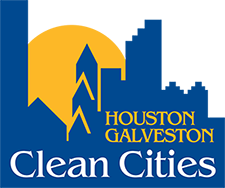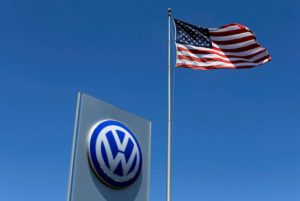WASHINGTON – Grants to clean up or replace older diesel engines under the Diesel Emissions Reduction Act (DERA) have delivered significant health and environmental benefits to communities across America, according to a U.S. Environmental Protection Agency (EPA) report released today. DERA, a bipartisan effort authorized by Congress, provides cost-effective reductions of harmful diesel pollution across the U.S. and particularly in areas where air quality is a concern.
“As this report details, the DERA program is an effective and innovative way to improve air quality across the country while providing children with safer, more reliable transportation to and from school,” said EPA Administrator Andrew Wheeler. “Children’s health is a top priority for EPA, and DERA helps fulfill our children’s health agenda and commitment to ensure all children can live, learn, and play in healthy and clean environments.”
Nearly 10 million older diesel engines are operating throughout our transportation infrastructure with no modern emissions controls. While some of these will be retired over time, many will remain in use, polluting America’s air for the next 20 years. The DERA program provides rebates and grant funding to replace these vehicles and engines with equipment that meets or exceeds current emissions standards.
DERA has led to cleaner air across the U.S. by reducing emissions:
- 472,700 tons of smog-forming nitrogen oxides.
- 15,490 tons of particulate matter (PM).
- 17,700 tons of hydrocarbon.
- 5,089,170 tons of carbon dioxide.
Since 2008, DERA has awarded $629 million in funding to replace or retrofit 67,300 legacy diesel engines. EPA estimates that reducing these harmful pollutants will lead to $19 billion in health benefits and 2,300 fewer premature deaths. EPA estimates that for every federal dollar spent, DERA projects generate between $11 and $30 in public health benefits and over $2 in fuel savings.
The DERA program works to reduce exposure and provide improved air quality in communities where air pollution is of concern, including those near ports, rail yards, and PM and ozone non-attainment areas. Sixty-four percent of projects awarded in fiscal year 2008-2016 were in areas with these air quality concerns.
The Fourth Report to Congress summarizes the program’s accomplishments from fiscal year 2008-2013 and discusses final and estimated results from funding in fiscal year 2014-2016.
For more information on DERA, contact Houston-Galveston Clean Cities Coalition or visit http://www.epa.gov/cleandiesel
To access the report, visit https://www.epa.gov/cleandiesel/clean-diesel-reports-congress.

